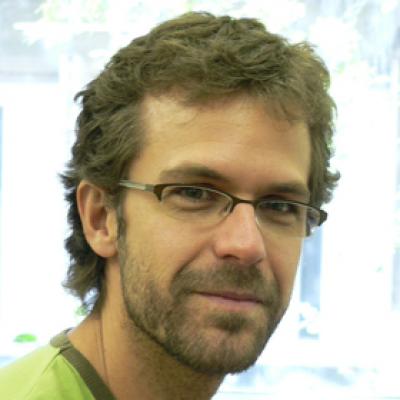CREAF launches a tailor-made equality plan to promote scientific quality
On 6 June CREAF staff were invited to an online meeting full of excitement: the new JEDI Plan 2023-2027 was presented, the institutional team led by the head of Gender and the JEDI Committee and negotiated and approved by the Management team, and the legal representation of the workers by to achieve fairness, equity, diversity and inclusion at the centre.
Over the next four years, 24 actions will be designed to adress the concerns and ideas expressed by the centre's staff through an anonymous survey and a participatory process carried out during 2022. As a living document, the plan will include ongoing assessments and improvements that will have a real impact on CREAF. In addition, for the first time, actions with an intersectional scope are being incorporated that focus on the interaction between two or more social factors.
"More than 50% of the responses to the survey perceive that the representation of senior research staff positions, awards and recognition of excellence is assigned to a greater extent to men".
Extract from the JEDI Plan 2023-2027
The road to equality in 9 steps
With continuous training and awareness-raising activities, prevention and management of discriminatory attitudes and harassment, the action plan is structured in nine axes:
- Axe 1. Organisational culture and institutional commitment
- Axe 2. Societal impact and responsibility policies
- Axe 3. Inclusive communication
- Axe 4. Organisational structure and vertical and horizontal representativeness
- Axe 5. Access policies: selection, recruitment and promotion
- Axe 6. Working conditions
- Axe 7. Occupational health and safety
- Axe 8. The co-responsibility of the institution and support for work-life balance
- Axe 9. Microaggressions and sexual and gender-based harassment
The last axis, the ninth, is the one that calls for urgent actions because, among other reasons, both women and men in CREAF perceive that microaggressions; in other words, a form of discrimination with comments or actions that tend to be subtle and go unnoticed because they are closely linked to culturally embedded values and systems of discrimination.
Among the 32 people who attended the presentation of the Plan, Jordi Martínez-Vilalta and Cristina Domingo raised their voices, agreeing on the need to create an internal culture and to involve everyone more transversally, especially senior research staff who lead teams, raising their awareness of asset management.


"We need it to resonate more among the walls of our centre".
Jordi Martínez-Vilalta and Cristina Domingo, CREAF researchers.
Coinciding with CREAF's recent accession to CoARA, the international coalition to improve the assessment of research, the new JEDI plan will give a boost to diversity in order to recognise and value the richness of profiles within the research ecosystem. Do you want to know how we will do it? Check out our plan!







